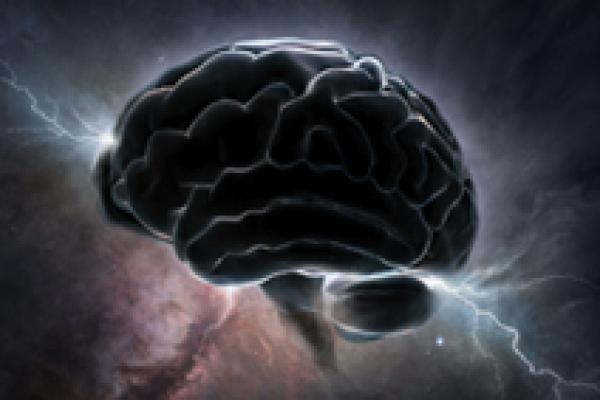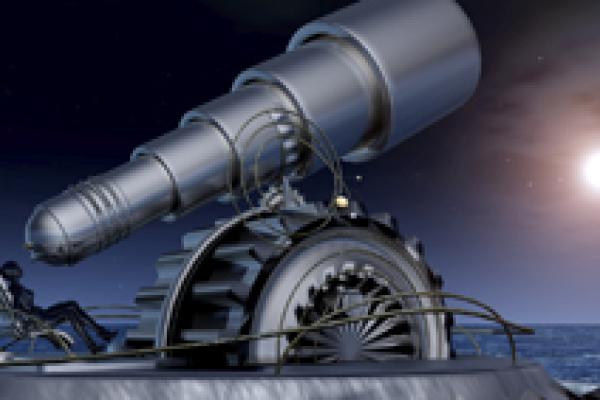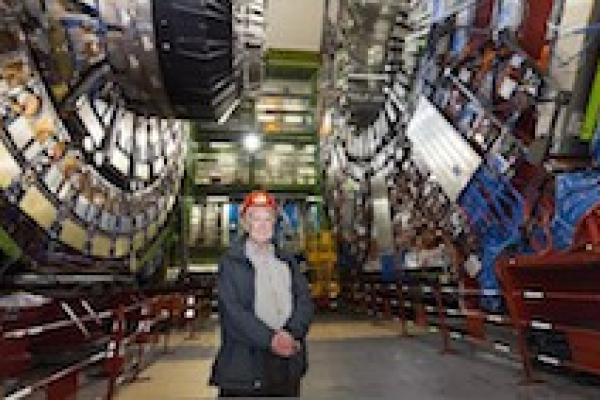Article


Who made the laws of nature?
What gives an equation the right to call itself a law?









Sometimes a piece of maths can be so neat and elegant, it makes you want to shout "eureka!" even if you haven't produced it yourself. One of our favourite examples is the art gallery problem.
